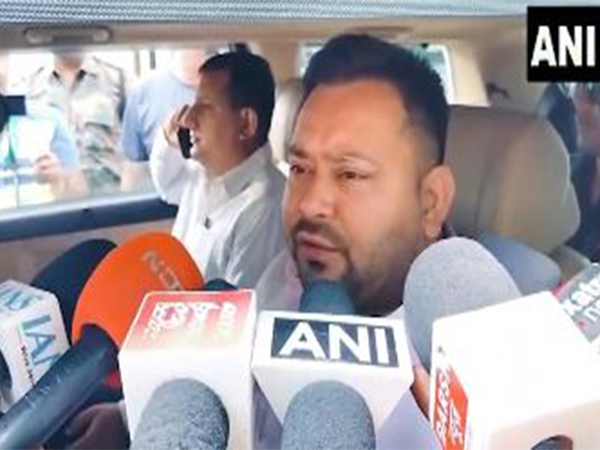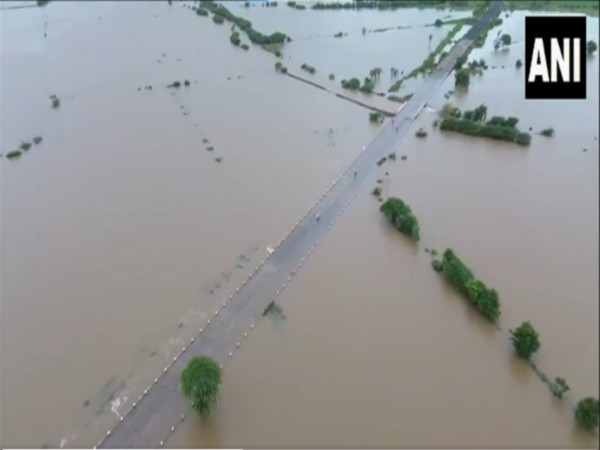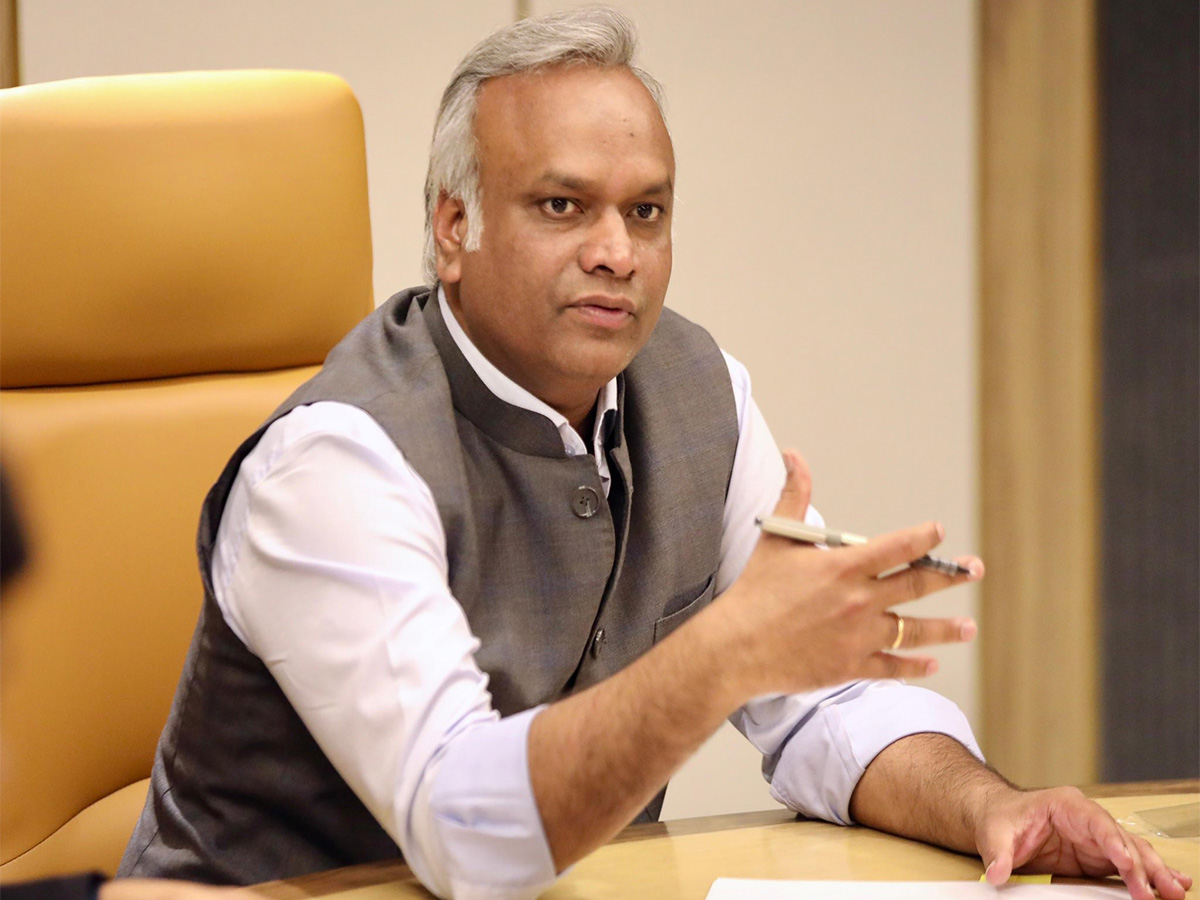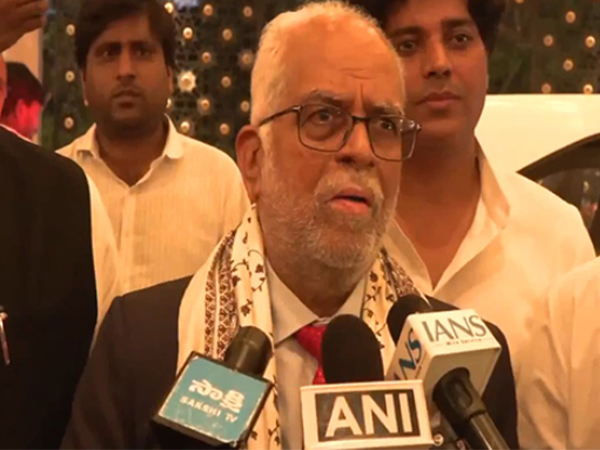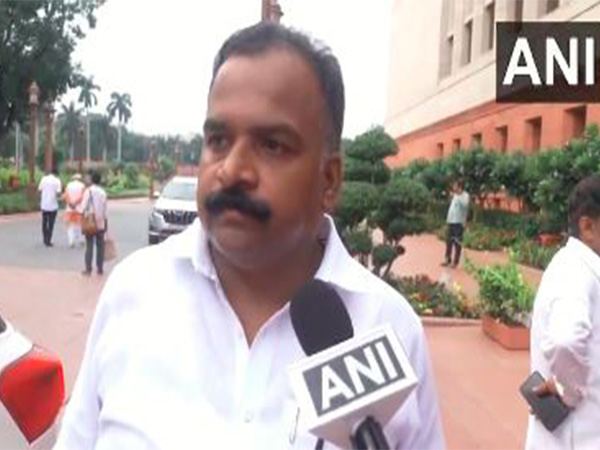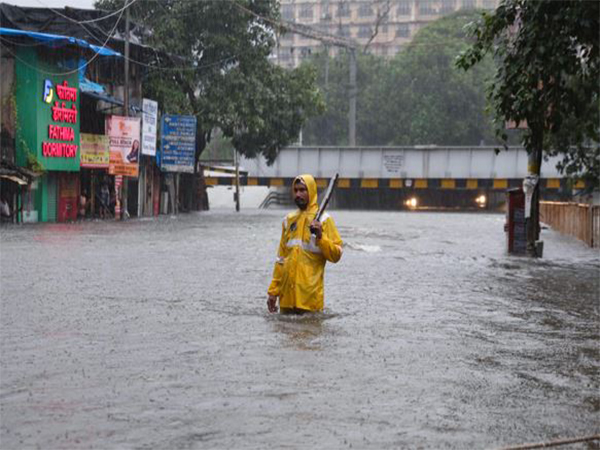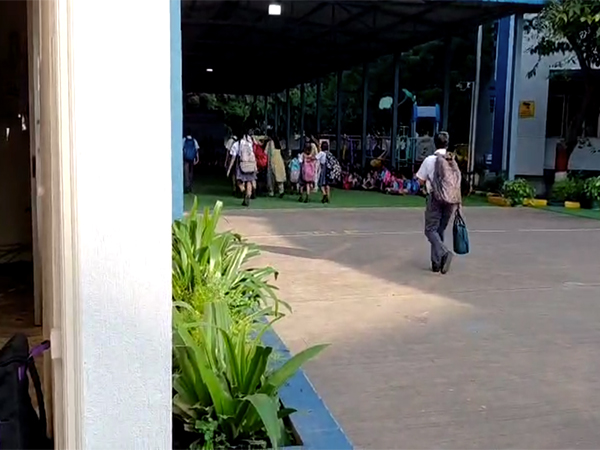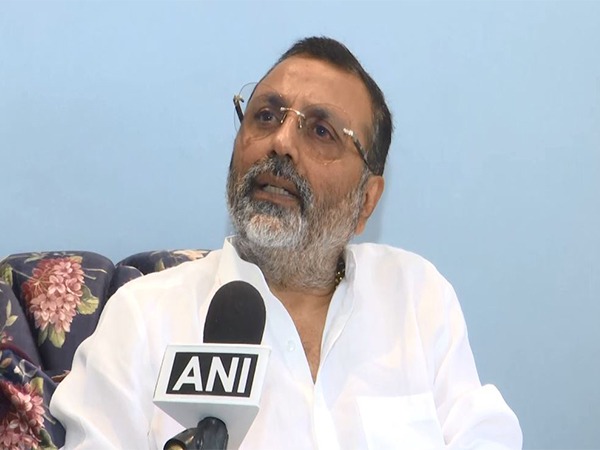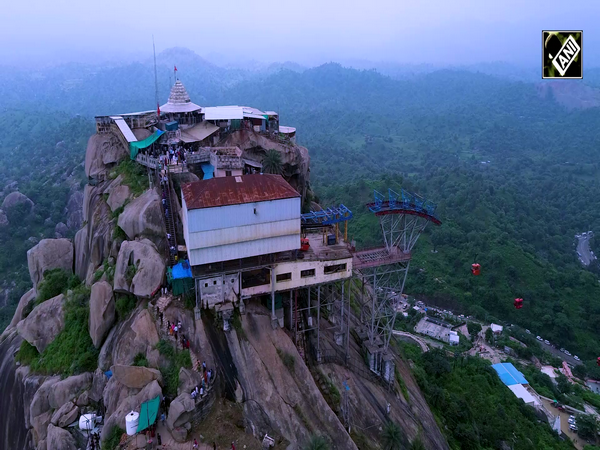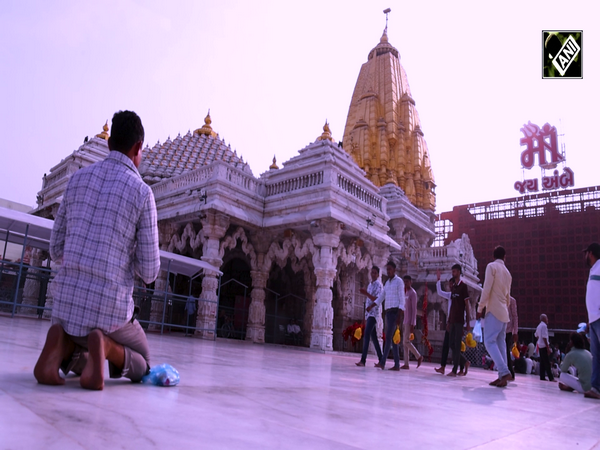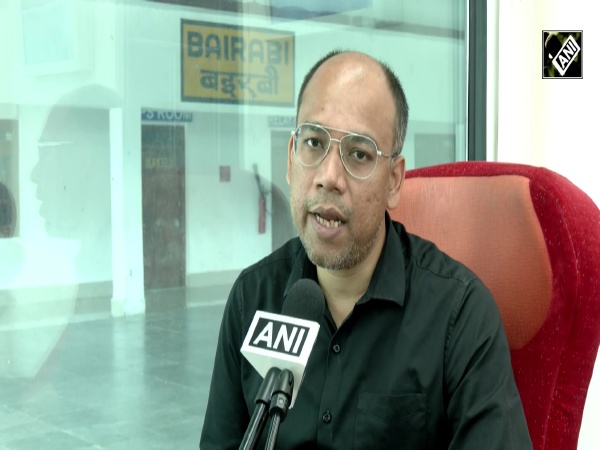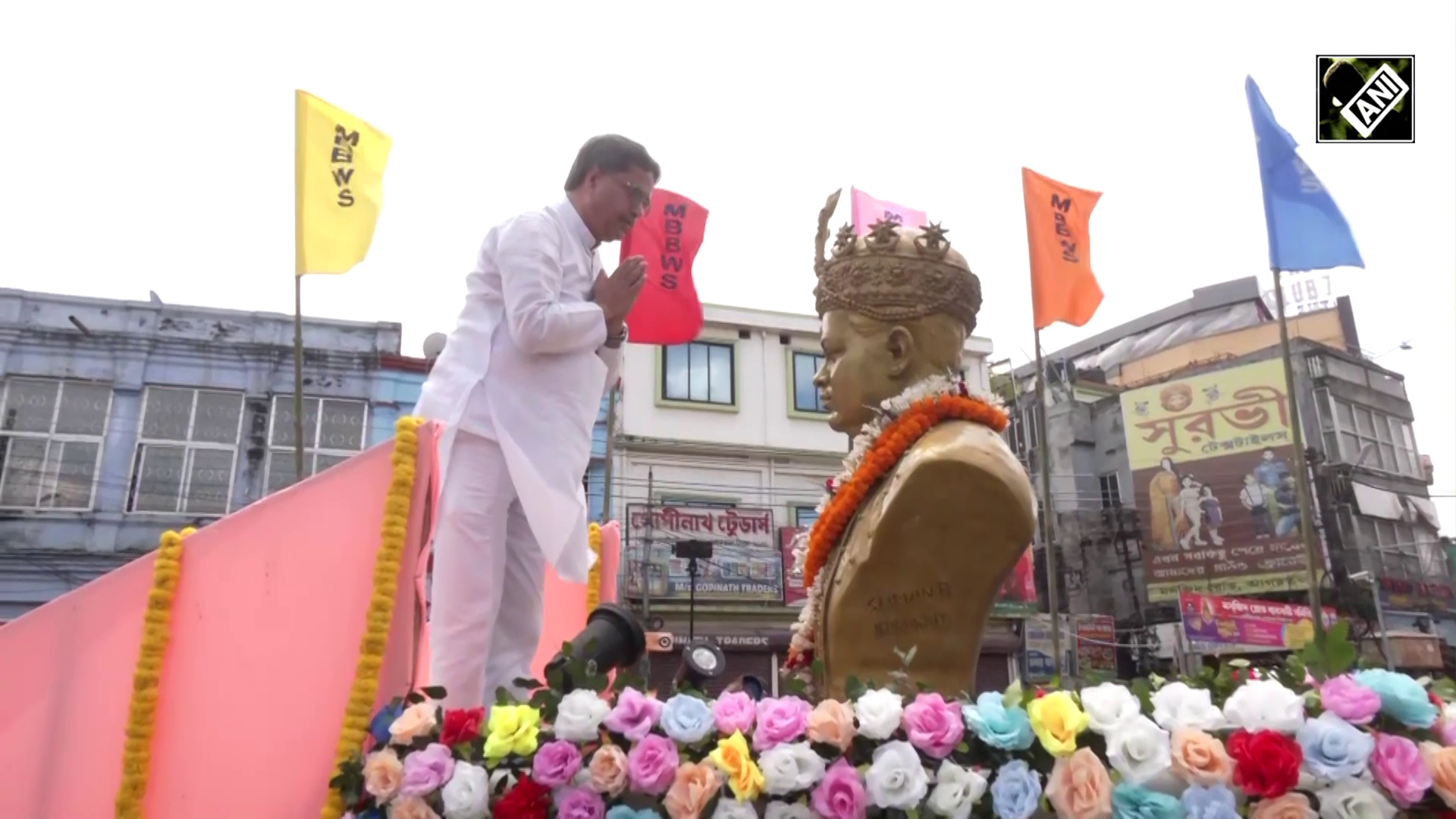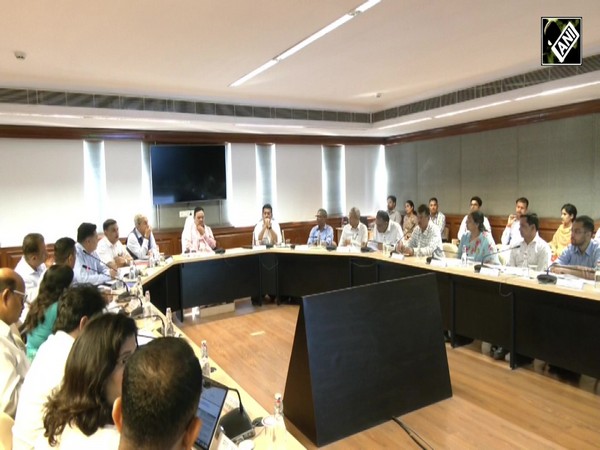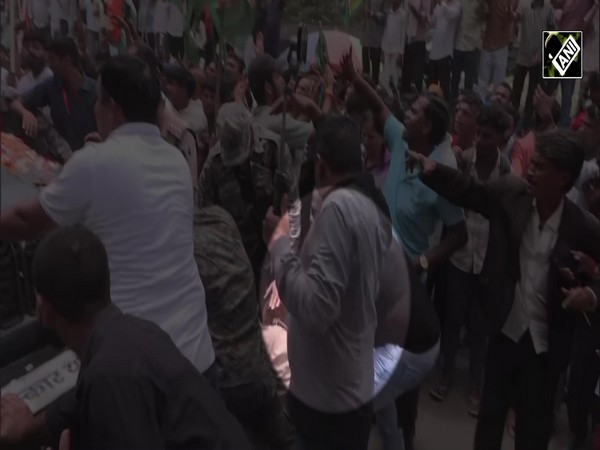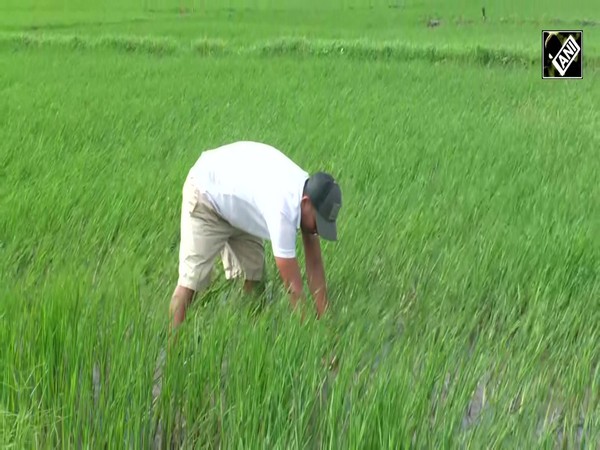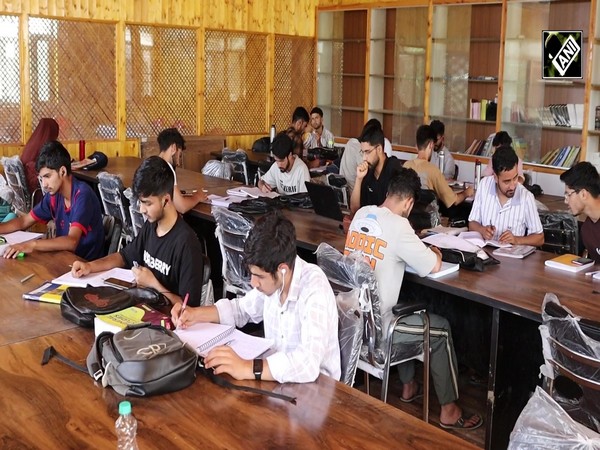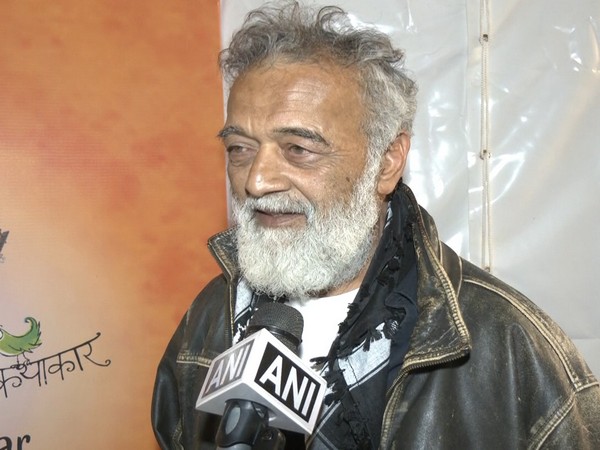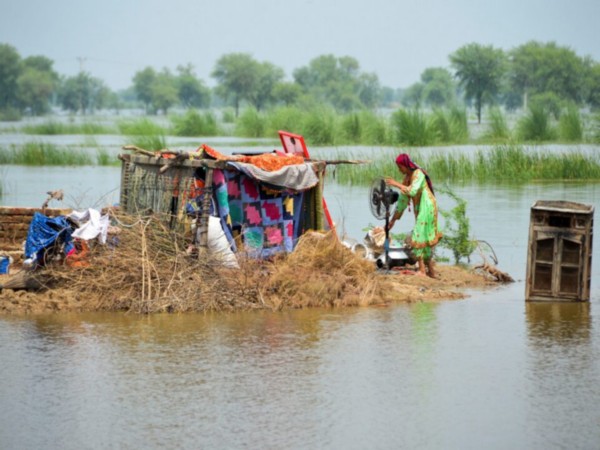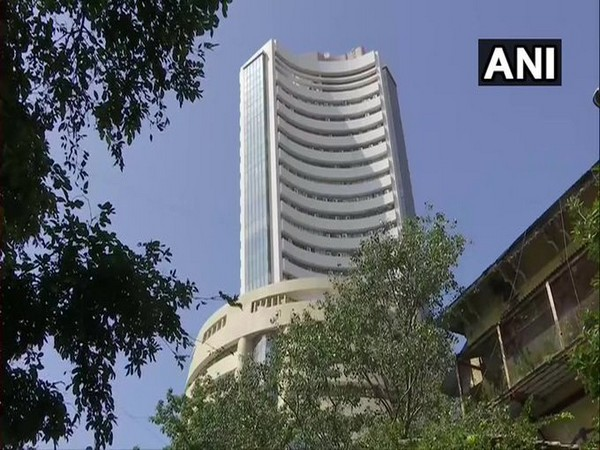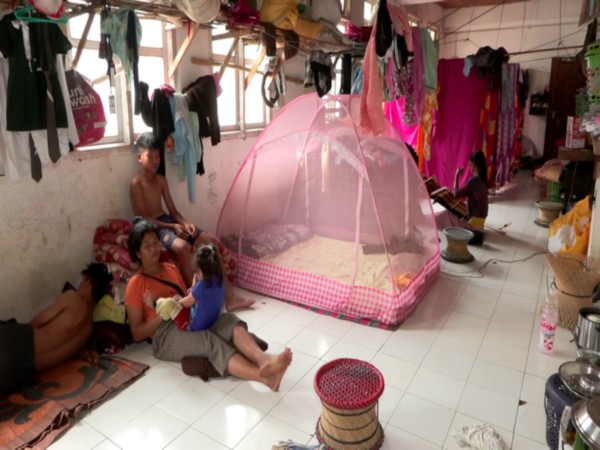
Manipur's displaced look to the future despite painful memories
Aug 21, 2025
Imphal (Manipur) [India], August 21 : The eruption of ethnic conflict on May 3, 2023, along with the persistent discord between the Meitei and Kuki communities, has inflicted lasting damage on Manipur, hindering its economy, disrupting its social cohesion, and destabilising its political landscape.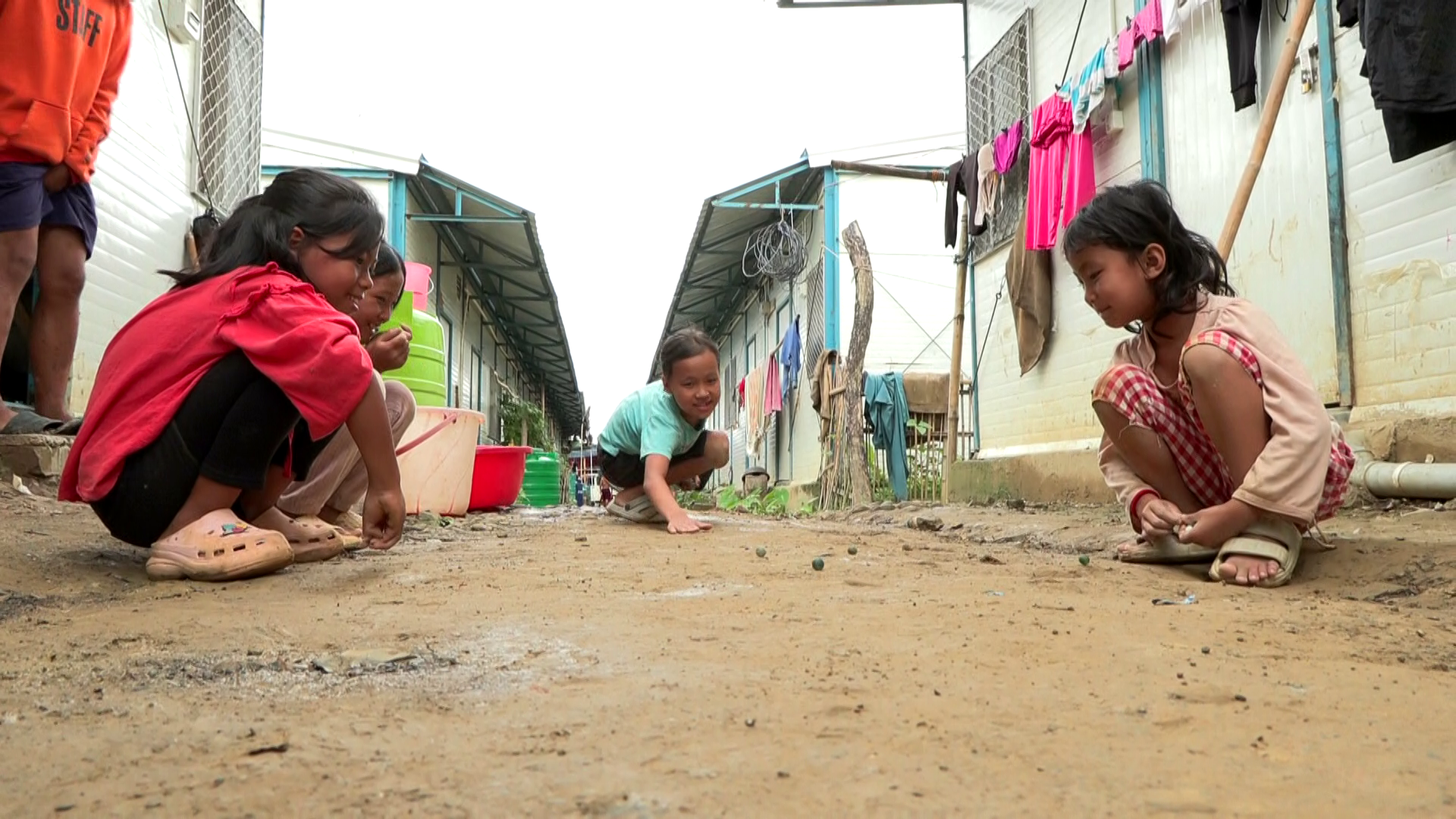
In the last two years, restrictions on the movement of people and goods, the displacement of countless families from both communities, and extensive destruction to businesses, agriculture, and other socio-economic activities have had a significant impact.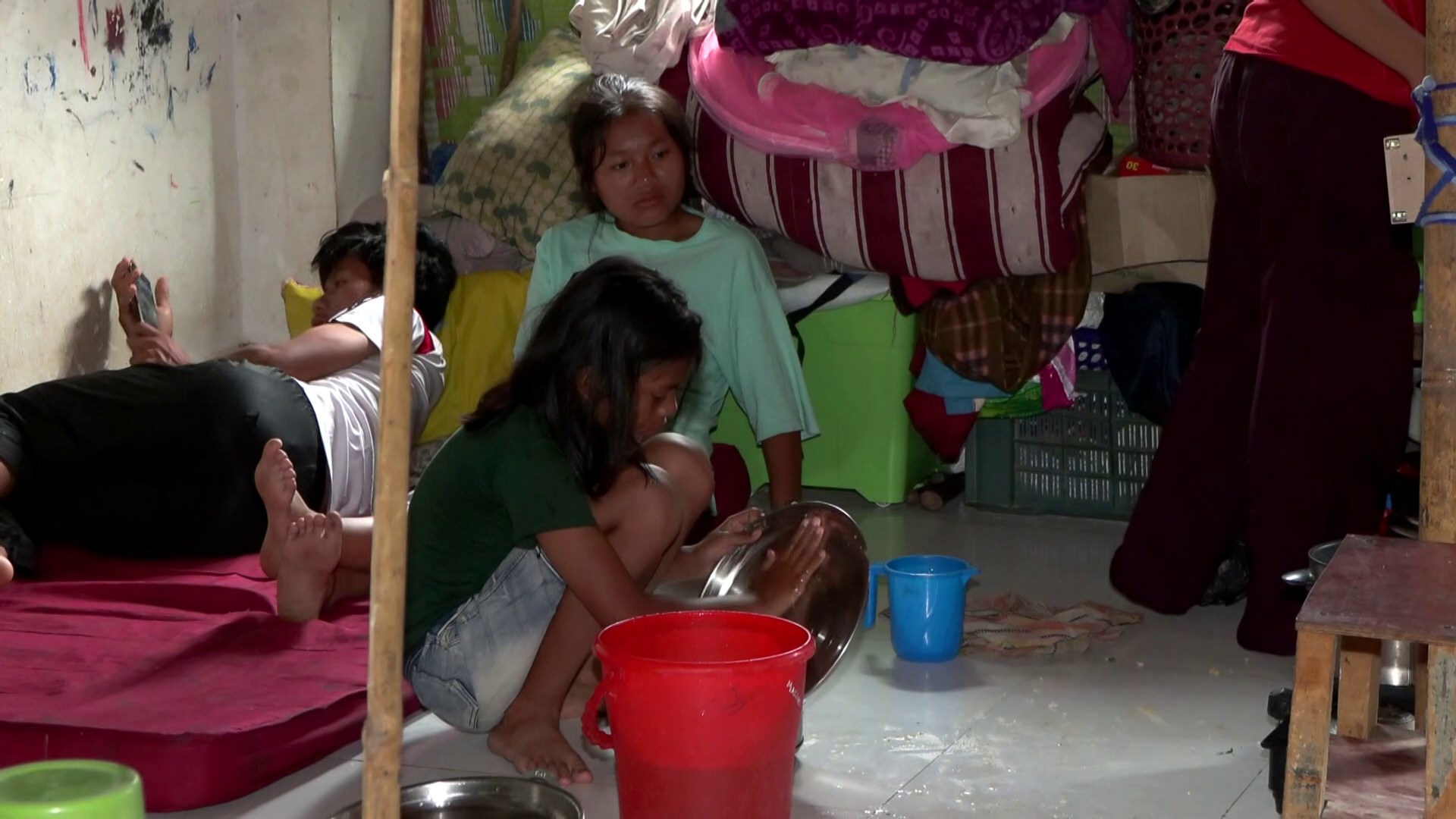
The most significant effects have been felt by the youth, many of whom have been deprived of academic and professional education, leaving their aspirations in uncertainty. Education experts emphasise the pressing need to direct the energies of young individuals into positive avenues through skill enhancement, vocational training, and platforms that restore their hope.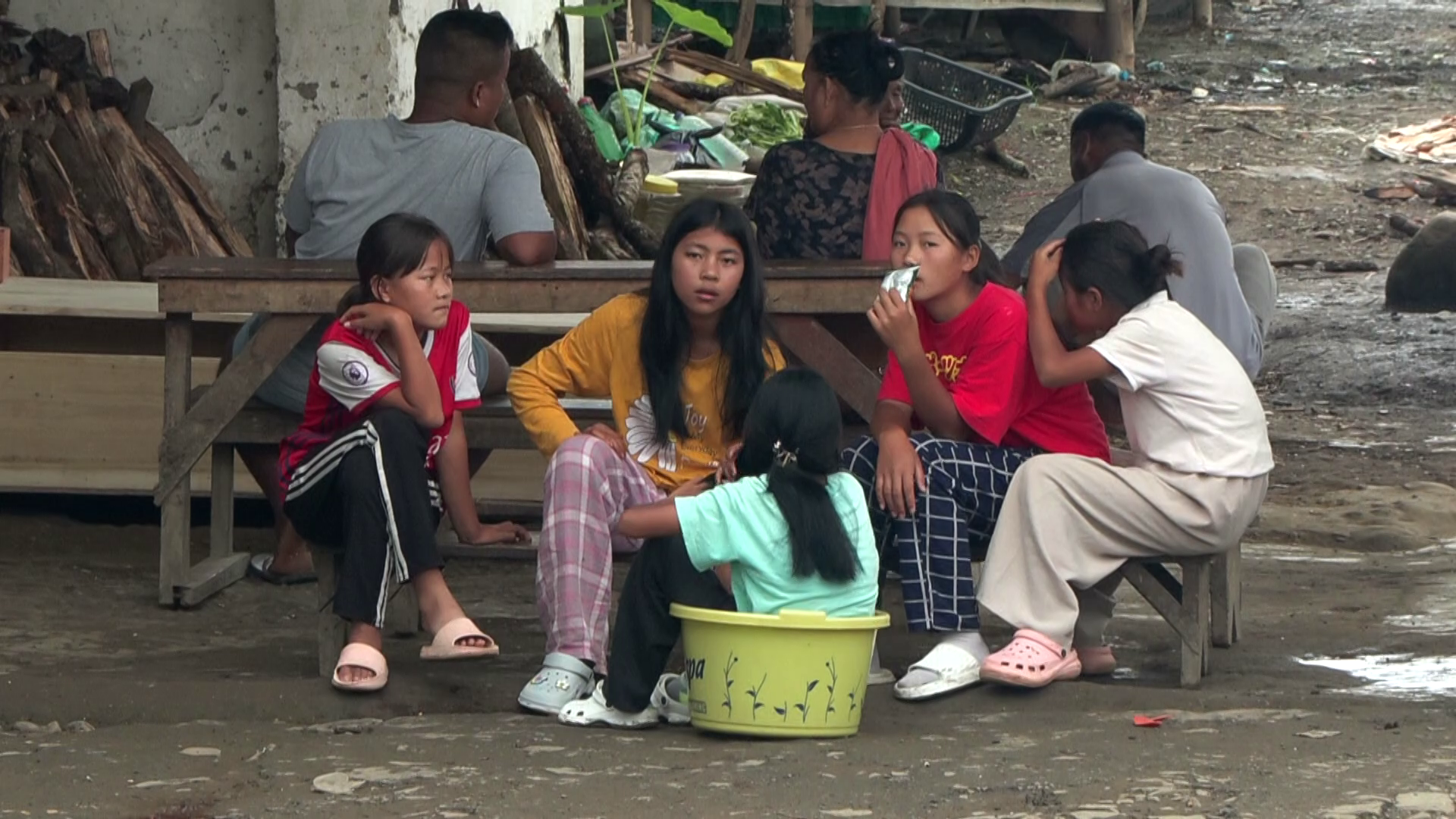
"These young men and women can be employed in various industrial sectors for the construction of roads and buildings, and there are numerous job opportunities where their skills can be utilised. This is the immediate action that an educator can promote, appropriate skill development programs for the youth in the IDPs. Additionally, there are economically viable programs for women. For instance, they can sell processed food or traditional dishes. They can also produce handloom and handicraft items if the government considers providing them with opportunities to establish small-scale industries among the women in the IDPs," stated Dr. Raheijuddin Sheikh, a former director of Deendayal Upadhyaya Kaushal Kendra, Manipur.
Many displaced families from both the Meitei and Kuki-Zo communities are still residing in temporary camps, far removed from the homes they used to inhabit.
The government has declared intentions to resettle approximately 57,000 internally displaced persons (IDPs) by year's end, providing financial aid of Rs. 3 lakh to each family whose home was destroyed during the unrest, allowing them to rebuild at their chosen location.
However, for numerous individuals still sheltered in these provisional camps, the vivid memories of the violent conflicts linger painfully.
"I long for my home, but returning means living close to the Meitei people's village, which would constantly remind me of my husband. Being around there will bring back memories of him, and I would be consumed by fear. That's why I remain in this relief camp," shared Bebem, an internally displaced person from Churachandpur.
Another displaced individual, Lunkholal Hokip, reflected on the difficulties: "Life was better in Chandel, where there were many people and a bustling business environment. But here, everyone is an IDP, so there's not much money circulating. This is why I earn very little and struggle to make ends meet."
Children have suffered the most due to the violence, with thousands losing access to education. In response, various organisations have set up community schools aimed at helping displaced children return to formal education and work towards a semblance of a normal life, despite the hurdles.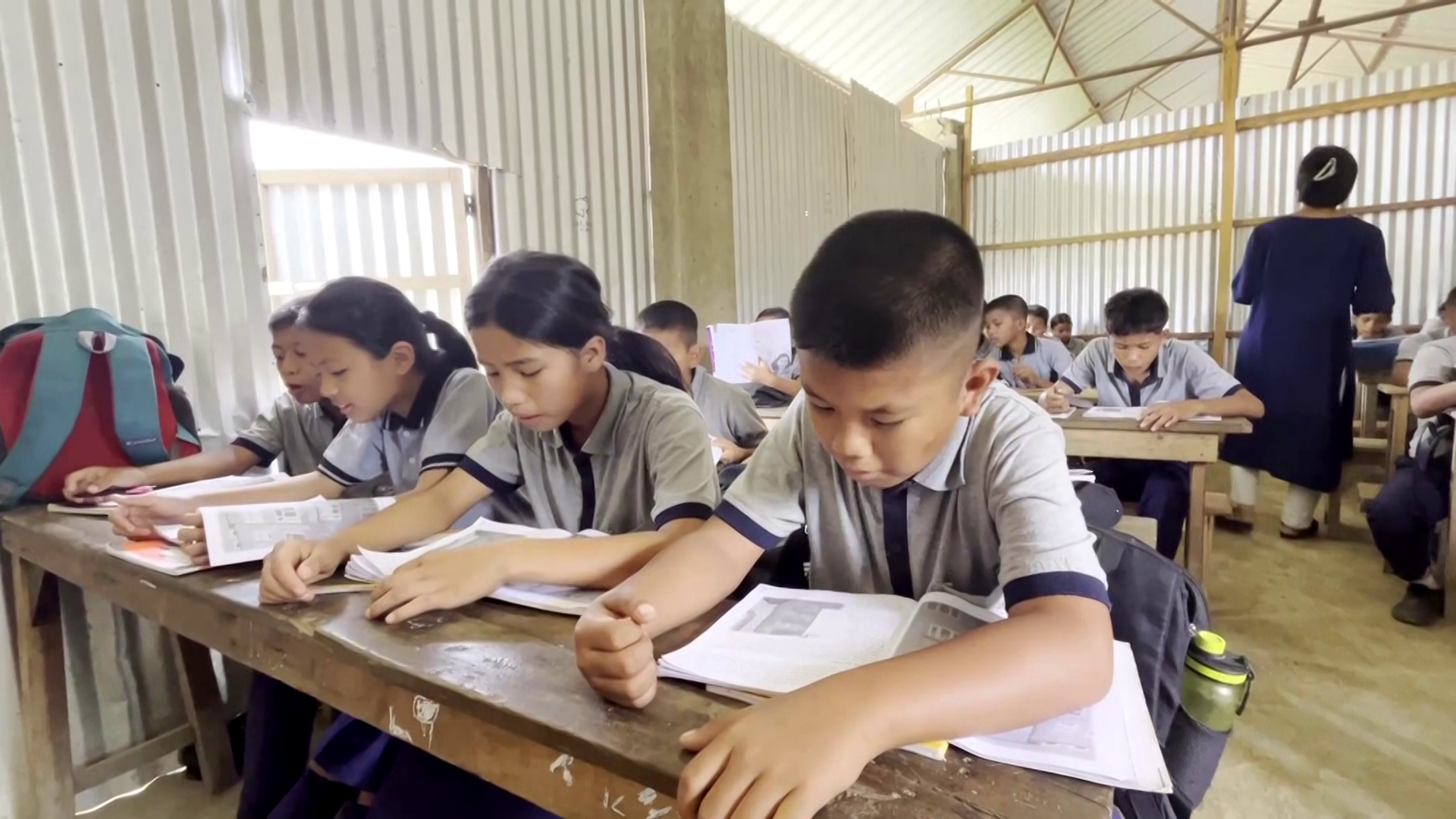
"We aim to assist all these displaced students in resuming a typical life. It has been challenging, but we are passionate about this work because they are our people. If we don't take care of them, who will?" said Sei Haokip, the headmaster of KSO Community School in Churachandpur.
Even with the deep scars inflicted by the violence, the resilience displayed by the people of Manipur is evident. With ongoing government support, community-driven efforts, and a collective determination, there is still hope that displaced families can restore their lives, reclaim their homes, and bring peace and stability back to the state.
